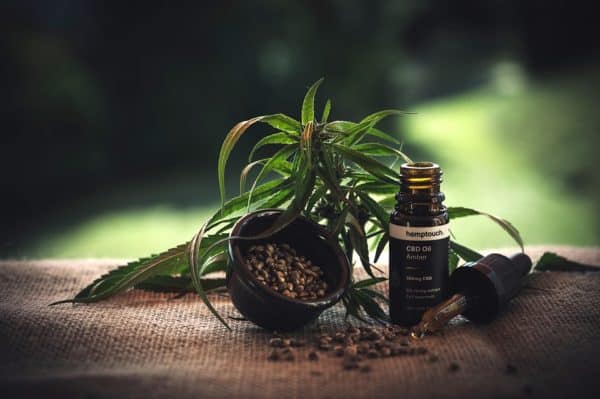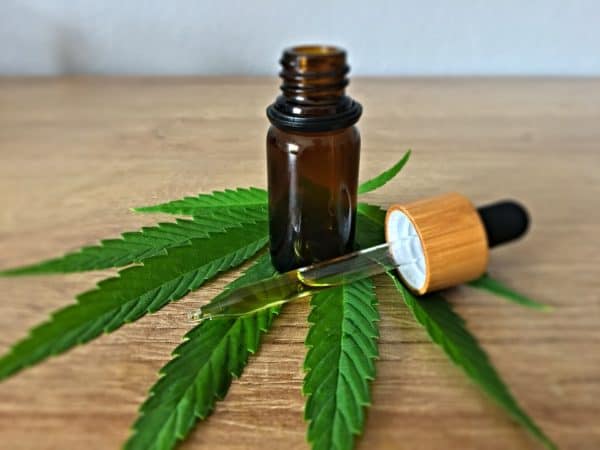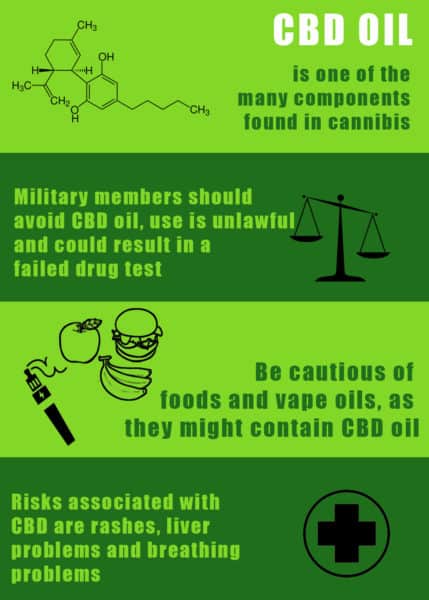
 US companies marketing CBD products are still operating in a regulatory grey area, says Mackie Research analyst Greg McLeish, who reviewed the state of the industry in an update to clients Monday.
US companies marketing CBD products are still operating in a regulatory grey area, says Mackie Research analyst Greg McLeish, who reviewed the state of the industry in an update to clients Monday.
McLeish said that while the US Food and Drug Administration has dropped the ball on CBD in may respects, there is hope in recent moves made to finally legalize hemp-derived CBD products in the United States.
It’s been a wild couple of years in Canada as citizens and governments get used to the idea of legalized cannabis as a recreational substance and the same can be said for a number of states in the US which have joined early-movers like Colorado and Oregon to become now 11 states with rec marijuana on the books and a total of 33 states having made medical marijuana a reality.
And while cannabidiol or CBD has tagged along for the ride at the state level as one of the two main active compounds in cannabis, CBD looked like it was bound for federal approval in 2018 with the Farm Bill or Agricultural Improvement Act which distinguished hemp from cannabis plants and removed the former from the list of controlled substances, thereby opening the door for hemp growing and the production of
hemp-derived CBD.

The marketplace then duly responded by putting out all sorts of CBD-infused products from hand creams and doggie treats to CBD infused foods and beverages.
But, in fact, federal law currently does not allow for foods (for humans or animals) containing CBD,
nor is it legal to advertise CBD-infused health and wellness products as cures for specific maladies.
McLeish said the market may have jumped the gun on this one but US regulators have to take part of the blame, too, not just for inadvertently encouraging the misconception that with the new Farm Bill hemp-derived CBD was now legal but for taking too long to get to work on the CBD file.
“The FDA failed to meet its deadline to provide a Congressionally mandated report on how it plans to regulate CBD,” writes McLeish. “Congress instructed the FDA in last year’s spending bill to adopt an enforcement discretion policy within 120 days and provide an update of its progress after 60 days. The agency’s first report was due on February 20, 2020. Ironically, the FDA has yet to release the report.”
“The lack of guidance from the FDA during the period between the 2018 Farm Bill’s de-scheduling of hemp extracts and the FDA’s prohibition of CBD consumer products has left industry participants in the dark. The resulting confusion led to companies having to operate in an environment with a lot of uncertainty, and others being penalized for health claims they made about their products,” he said.
At the same time, McLeish said industry players in the US CBD market can take heart in a couple of recent events which may indicate that CBD is close to becoming fully legalized.

McLeish points to legislation introduced on January 14, 2020, by Rep. Collin Peterson, Chair of the House Agriculture Committee, which would give the FDA the flexibility to allow hemp-derived CBD to be marketed in dietary supplements.
Then came these comments on February 26 from the FDA’s new commissioner, Dr. Stephen Hahn, on why CBD products likely aren’t going anywhere and thus should be accepted.
“People are using these products. We're not going to be able to say you can’t use these products. It’s a fool’s game to try to even approach that,” said Hahn. “We have to be open to the fact that there might be some value in these products and certainly Americans think that’s the case. But we want to get them information to help them make the right decisions.”
This is positive news for companies in the industry, McLeish said.
“Regardless of the regulations in place, the CBD market is increasing at a triple-digit rate and could reach $20 billion in sales by 2024, according to a recent study by BDS Analytics. Hopefully, by 2021, the regulations will be acceptable and beneficial to the farmers of hemp and producers of hemp products,” McLeish said.
Leave a Reply
You must be logged in to post a comment.




 Share
Share Tweet
Tweet Share
Share




Comment